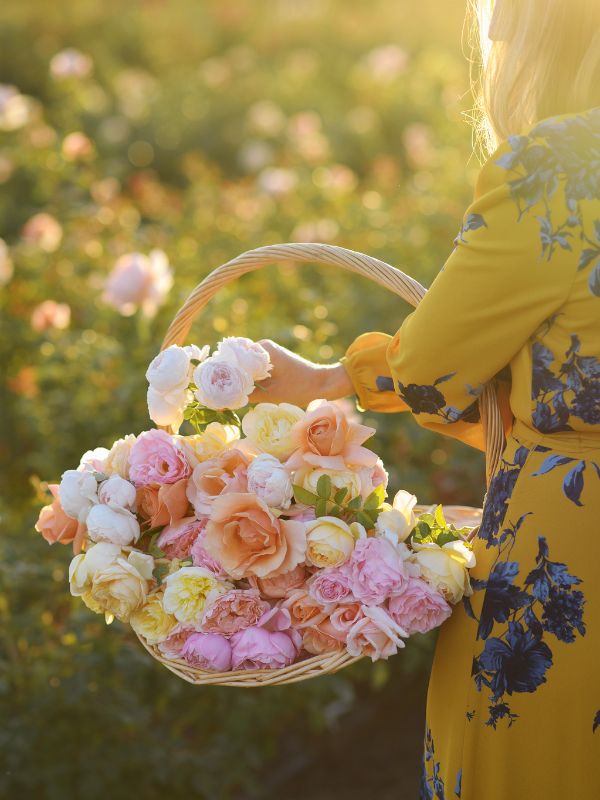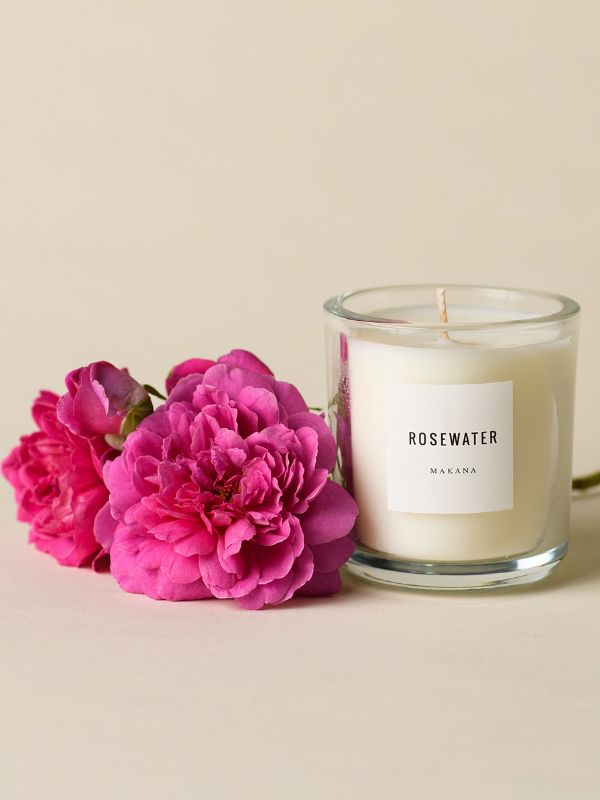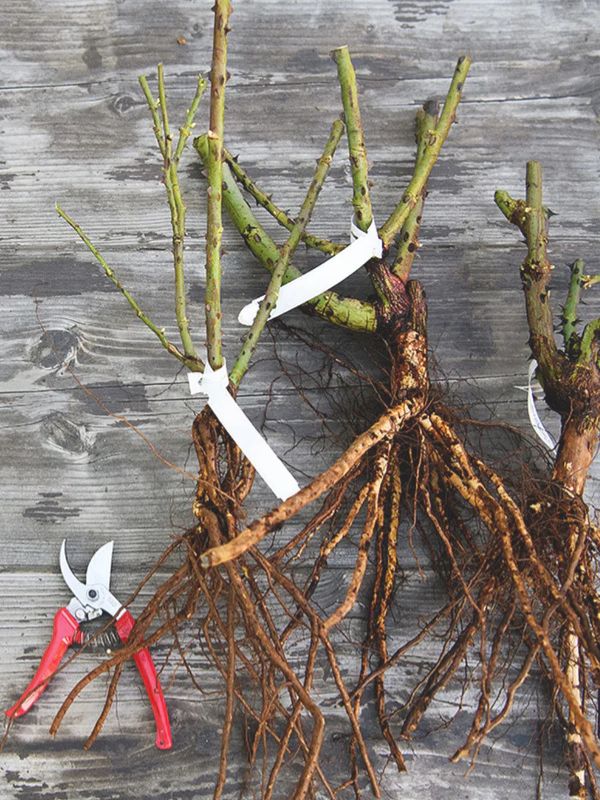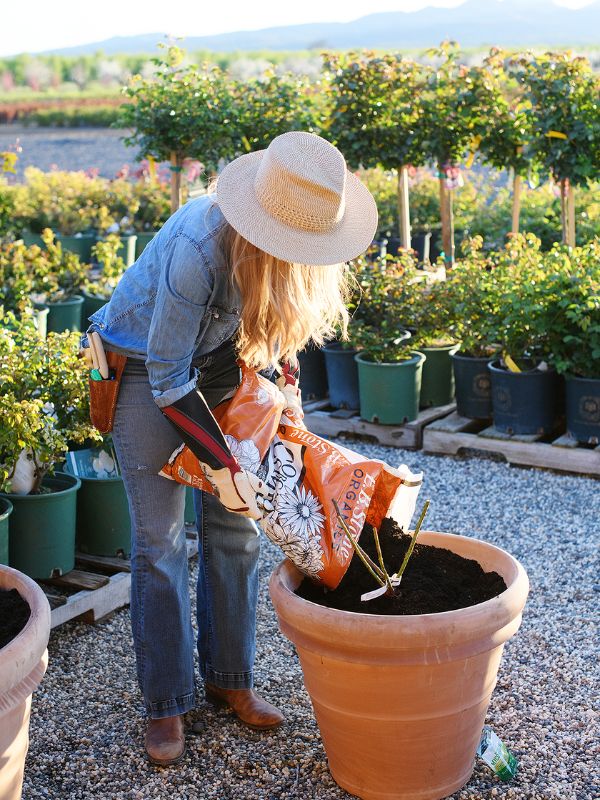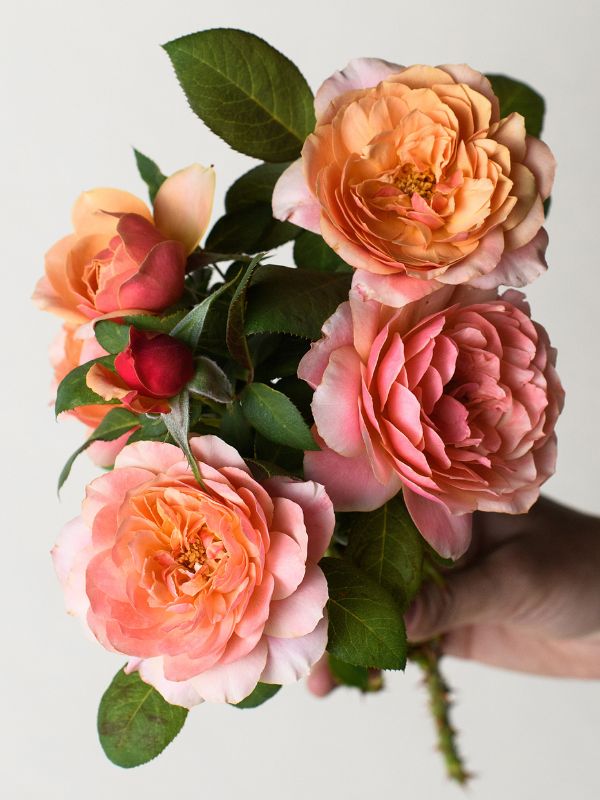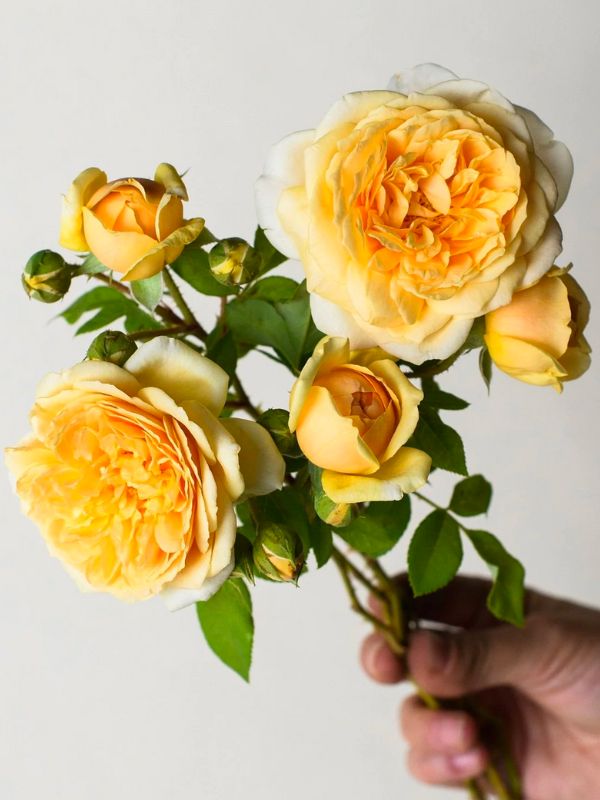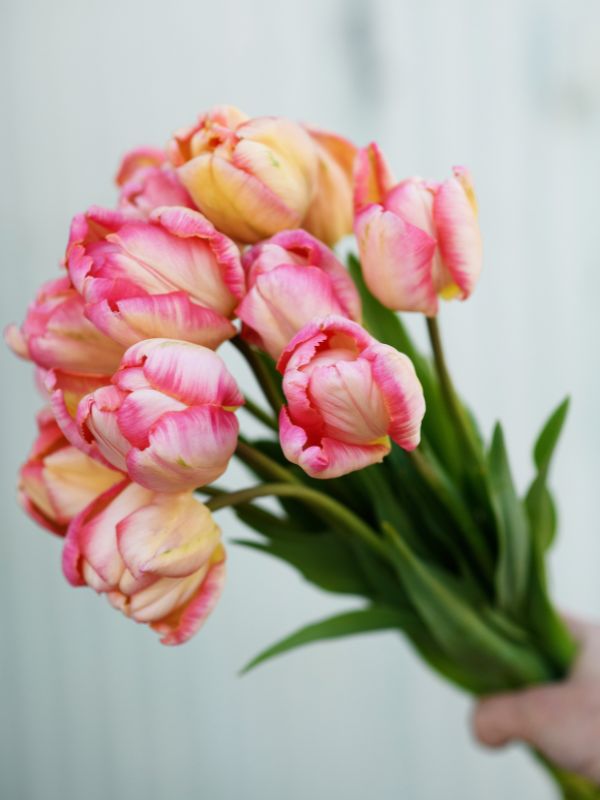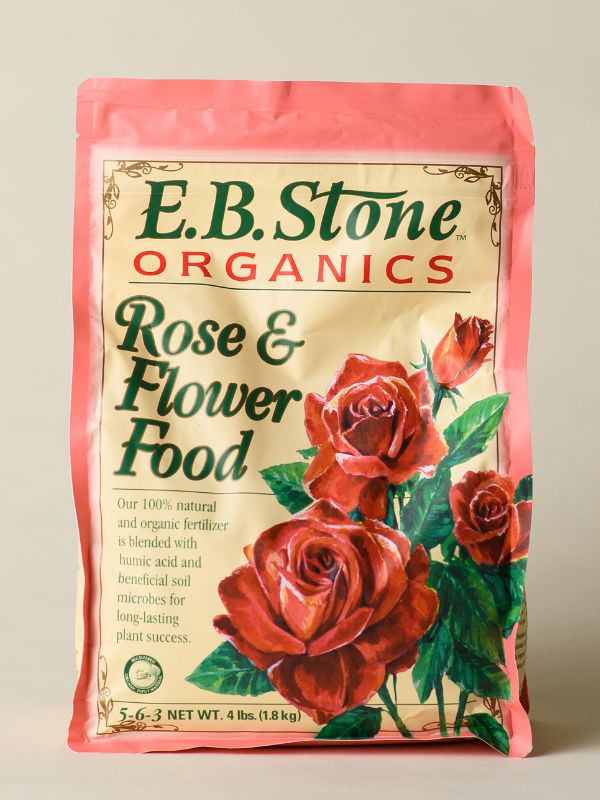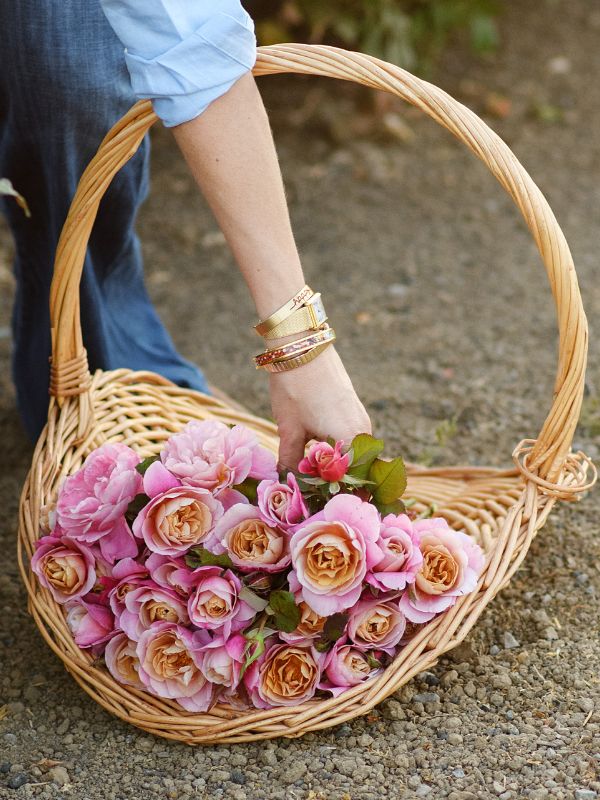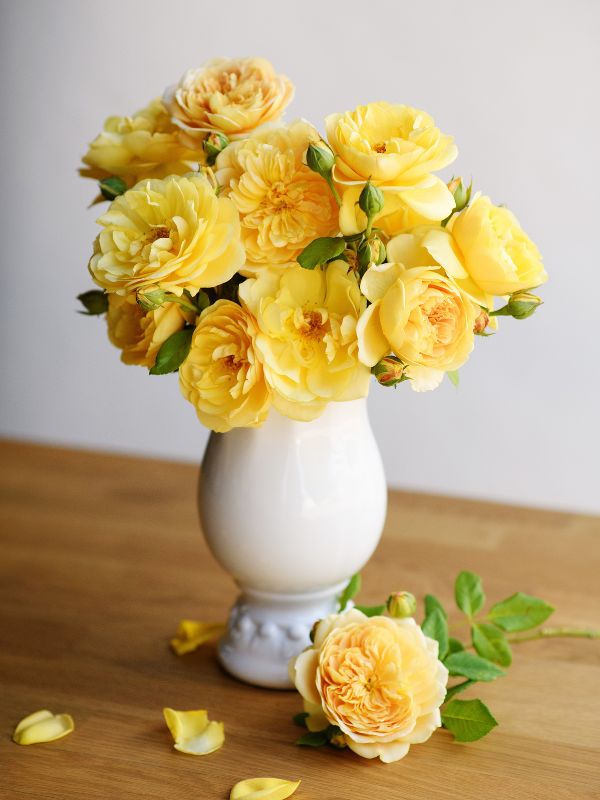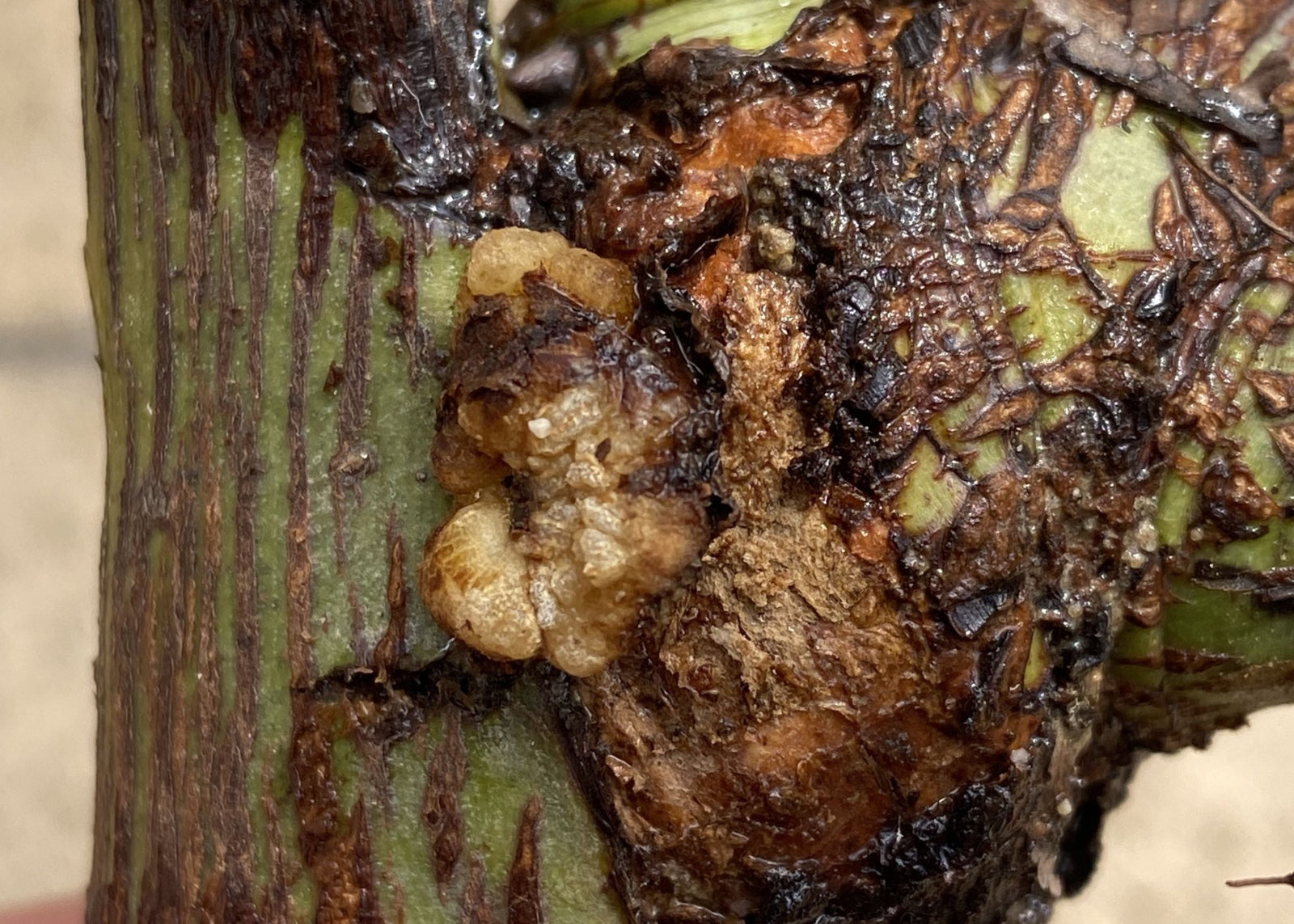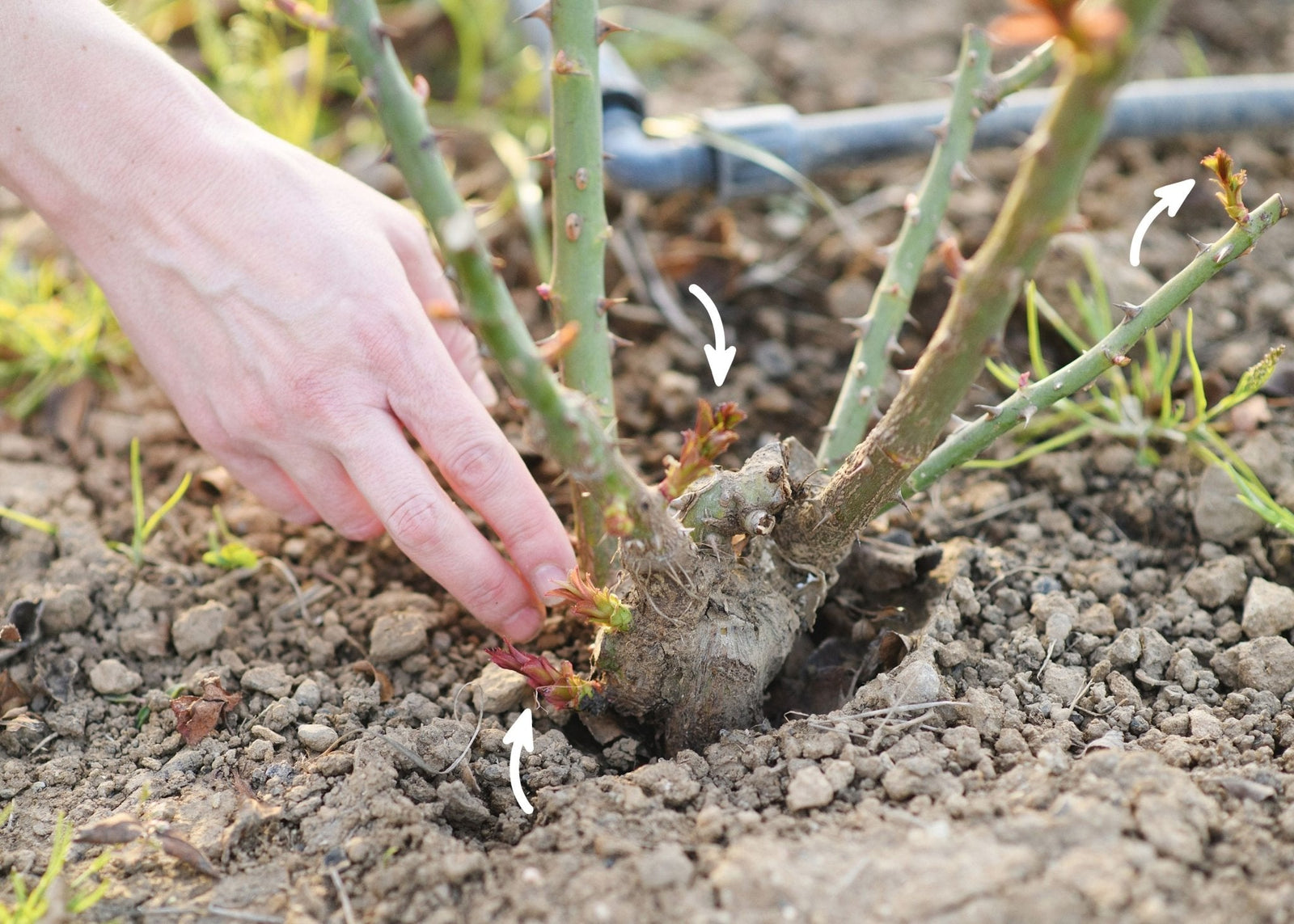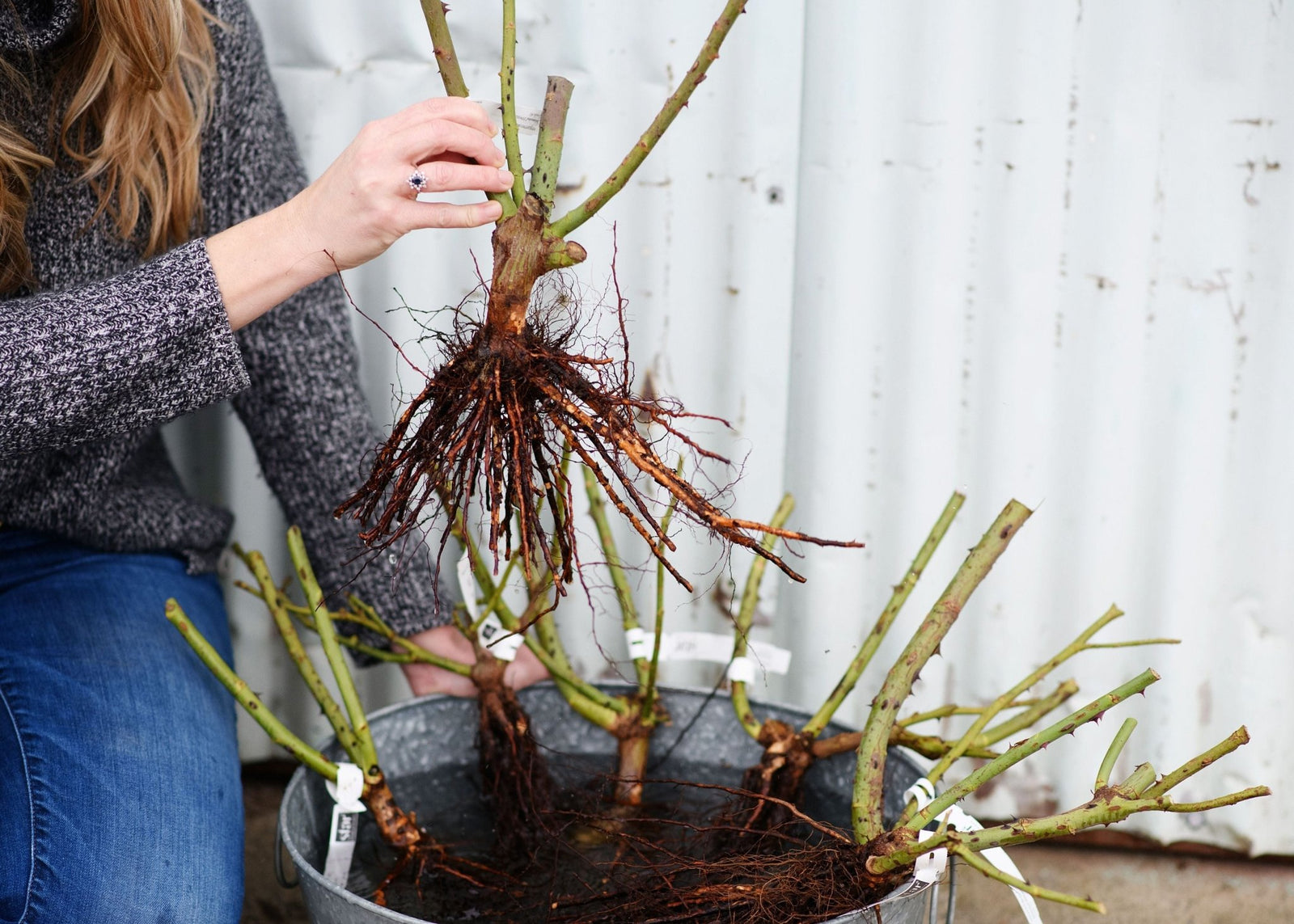In her weekly newsletter, Growing Wonder with Felicia Alvarez: Simple Tips for Thriving Roses, Gardens & Homes, Felicia offers expert advice to help you cultivate stunning roses, vibrant gardens, and welcoming homes. Each edition features a subscriber-submitted question, where Felicia provides thoughtful answers to your rose, garden, and home-related queries. This Q&A was originally featured as a highlighted question from one of our subscribers, published in the newsletter.

Q: "When I planted my bare root there were no signs of crown gall but when I dug it out after a season I discovered it on the roots. Is there anything I can do to prevent it from developing, if the plant is in close proximity with the rose has it affected my other rose? Should I dig them too and discard? What should I do?"
Submitted by: Maria from Marietta, Georgia - Zone 8a
- Remove and Destroy the Infected Rose – Dig up the entire plant, including as many roots as possible. Burn it or dispose of it in the trash—don't compost. Glad you already did this step with your rose!
- Disinfect Tools – The bacteria spread through contaminated tools, so clean and disinfect shovels, pruners, and gloves with a bleach solution (1 part bleach to 9 parts water) or hydrogen peroxide.
- Improve Soil Health – While crown gall thrives in wounded roots, boosting soil life (with compost, beneficial microbes, and mycorrhizal fungi) may help outcompete harmful bacteria.
- If your other roses show no signs of galls, leave them be but monitor closely. The disease spreads through root wounds, so plants nearby aren't automatically infected unless their roots were also injured and exposed.
- If you see galls forming on other roses, consider removing them to prevent further spread.
- Rest the Soil – Avoid replanting roses or other susceptible plants (roses, fruit trees, etc.) in that spot for at least 2-3 years and perform solarization of the soil in the area where you removed the infected plant to eradicate the bacteria.
- Try Gall-Resistant Bacteria – We use use Agrobacterium radiobacter (like the commercial product Galltrol-A) to coat new roots rose before planting. This can prevent infection if you plan to plant a rose in the same or nearby spot again.

GET HELP WITH YOUR GARDEN
Have a gardening question for our head farmer & founder Felicia? Share it for a chance to win a $25 Menagerie Shop Gift Card! This opportunity is open to all subscribers of Growing Wonder with Felicia Alvarez, a weekly newsletter delivered straight to your inbox every Sunday. Not a subscriber yet? Sign up today and submit your question next Sunday! BECOME A SUBSCRIBER
Want to catch up on past newsletter issues? Read Them Here

